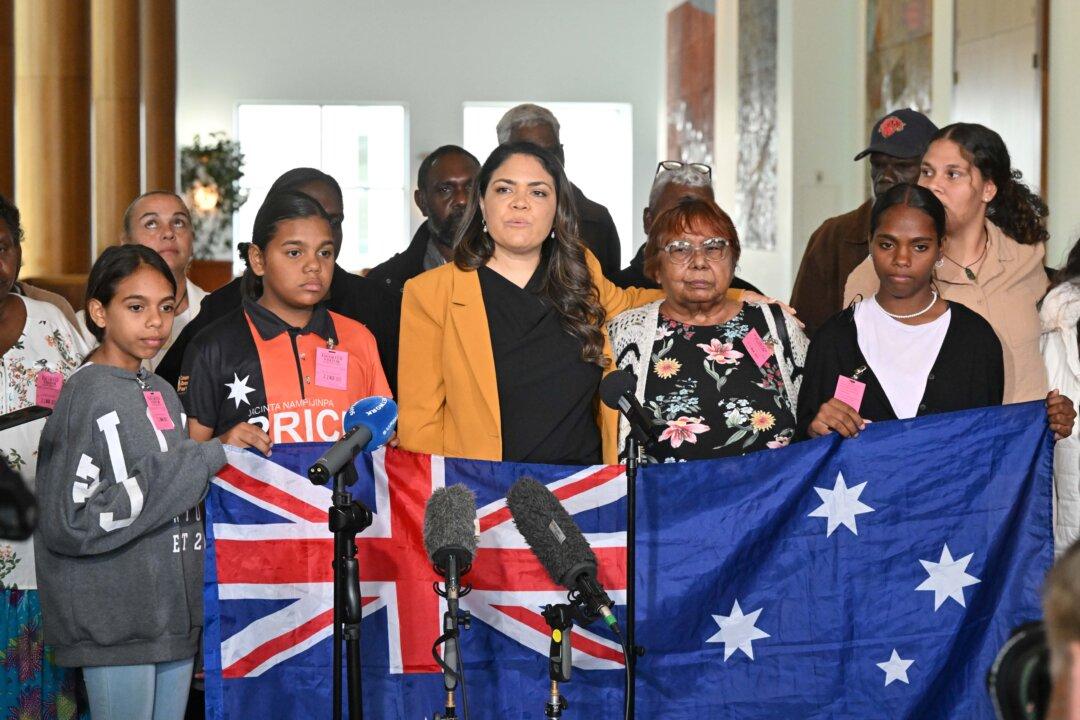Voice bodies representing regional and remote communities would be a more effective solution to tackling Indigenous issues than the singular national Indigenous body that’s being offered in a referendum by the Albanese government, Indigenous Australian Senator Jacinta Nampijinpa Price said.
She argues that the problems and situations facing regional communities are very different to what’s seen in other places. For example, Indigenous voices from somewhere like Balgo in Western Australia are “very different from Indigenous voices from suburban Sydney or Brisbane, or even Alice Springs.”




